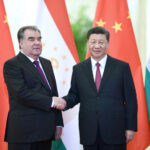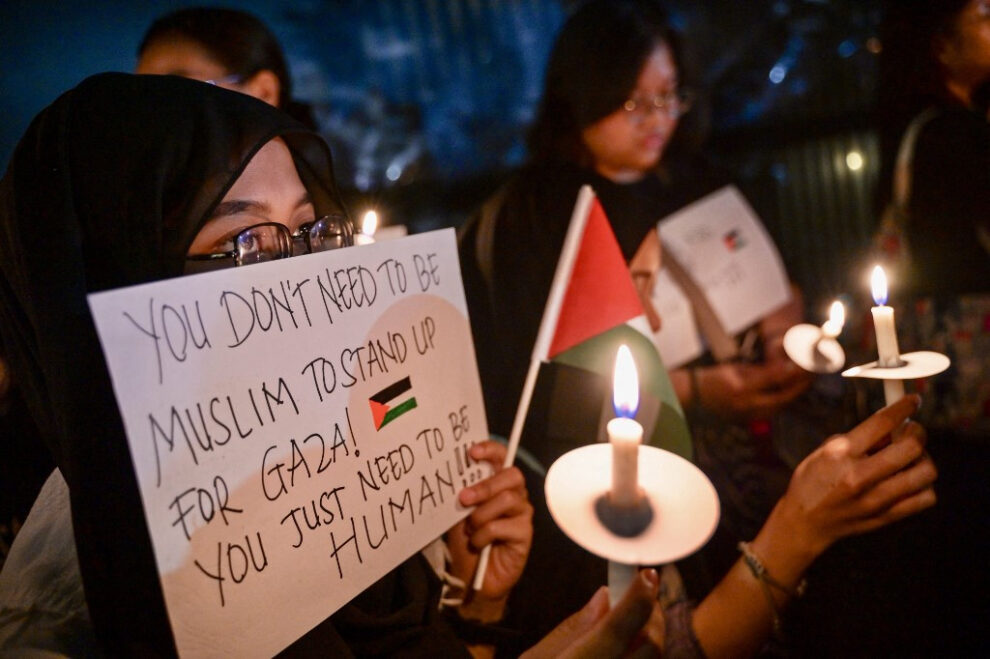Foreign media is now highlighting the boycott of products believed to be linked to Israel. This is no exception in Indonesia.
Singaporean media Channel News Asia (CNA), for example, made a special analysis of the ongoing boycott. A special article was written with the title “Analysis: A war of opinions brewing in Malaysia and Indonesia over the impact of anti-Israel boycotts”.
Also highlighting Indonesia’s neighbor, Malaysia, it was mentioned how a number of companies were affected by the boycott. Such as McDonald’s, KFC, Starbucks, Pizza Hut to Burger King.
Grab was also targeted, after screenshots circulated of posts by CEO Anthony Tan’s wife, Chloe Tong, regarding support for Israel. Tong said he “completely fell in love” with Israel because of his past visits.
However, unlike Malaysia, the impact in Indonesia is said to be invisible. A number of media monitoring even stated that business was still running normally.
“In Indonesia, although netizens have encouraged a boycott of products produced by companies suspected of being pro-Israel, the situation on the ground has not reflected this because there is still skepticism about the real impact of these actions,” wrote the media, quoted Thursday (9/11/2023).
“Business is still going on as usual at some Starbucks and McDonald’s outlets in Jakarta, as seen by CNA, and one expert noted that the Boycott-Divestment-Sanctions (BDS) movement has not received much attention in the country,” he added explaining the boycott, divestment movement and sanctions to pressure Israel to comply with international law, initiated by Palestine.
Citing visiting researcher at the ISEAS Yusof Ishak Institute in Singapore Made Supriatma, CNA wrote how “the success of the BDS movement” is still limited in Indonesia. Moreover, domestic political issues are still a top priority.
“Even though the public may be sympathetic to the Palestinian cause, their attention and involvement seems to be more focused on domestic issues that directly affect their daily lives,” said Made.
“One of them is the upcoming general election,” he stressed, referring to the Indonesian presidential election published in the media.
He said that although there was a boycott of McDonald’s, for example, many consumers did not seem to be aware of it. Due to this, the outlets continued to operate normally without any noticeable decrease in customers.
“This shows that the success of boycotts can vary greatly based on factors such as consumer awareness, local ownership, and brand perception,” CNA quoted him as saying.
The same thing was also published by Hong Kong media, South China Morning Post (SCMP). The media wrote an article entitled “Anti-Israel boycotts in Indonesia hit McDonald’s, Pringles, as Malaysians quit Singapore’s Grab over war in Gaza”.
“The boycott list has been circulating on Facebook and TikTok Indonesia for weeks, naming 121 brands that claim to be affiliated with Israel,” he wrote.
“However, not all Indonesians support the boycott, amidst warnings about the unification of the Jewish religion as a whole with the actions of the Israeli state,” the media added.
It should be noted that in an Al Jazeera report in 2018, it was revealed that the boycott movement has the potential to result in losses of up to US$11.5 billion or around Rp. 183.37 trillion per year for Israel. However, according to data from a non-profit organization based in Washington, United States (US), the Brookings Institution, the BDS movement will not drastically affect the Israeli economy.
This is because around 40% of Israel’s exports are “intermediate” goods or hidden products used in the production process of goods elsewhere, such as semiconductors. Additionally, about 50% of Israel’s exports are “differentiation” or non-substitutable goods, such as specialized computer chips.
Source: CNBC















